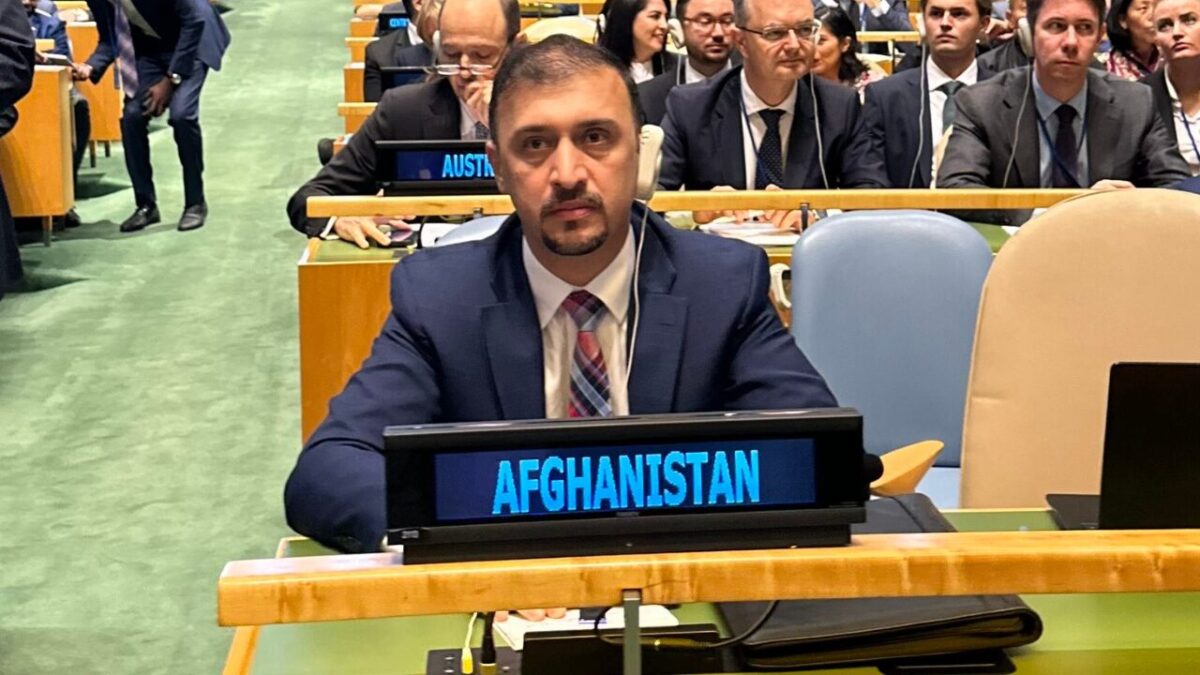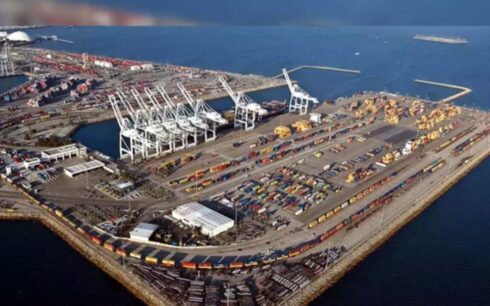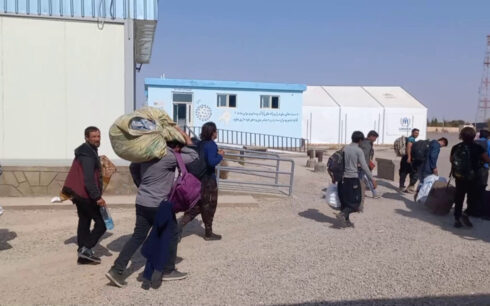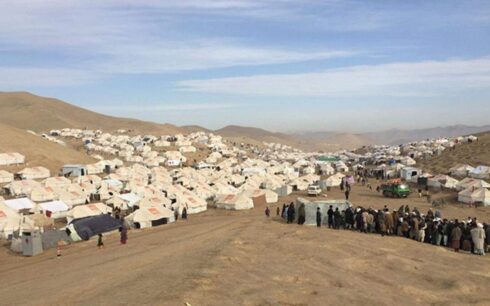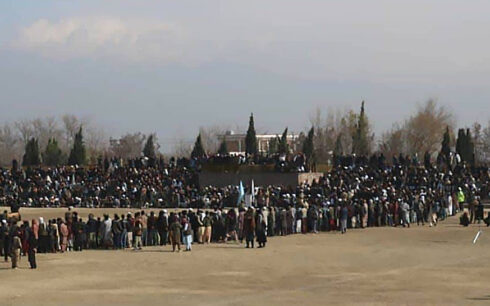Addressing a meeting at the United Nations General Assembly, Naseer Ahmad Faiq, Afghanistan’s charge d’affaires at the UN, emphasized that foreign terrorist fighters and extremist groups under the Taliban’s rule continue to operate with impunity.
“In Afghanistan, terrorism continues to be a central threat to peace and stability, as foreign terrorist fighters and extremist groups operate under the Taliban’s control with impunity. A strong and cohesive international response to terrorism, rooted in international law and multilateral cooperation, is essential,” Faiq said in a side meeting focused on strengthening multilateralism for global peace and security.
“The Taliban is a repressive regime,” Faiq said, urging the international community to recognize the need for women’s inclusion in peace processes.
At the 79th session of the General Assembly in New York, world leaders have mostly focused their speeches on the Middle East conflict and concerns over its escalation. But during the side session on multilateralism, Faiq highlighted Afghanistan’s ongoing struggles, stating that terrorism and violent extremism have imposed a heavy toll on the Afghan people.
“Terrorism remains a key threat to peace and stability in Afghanistan,” Faiq said. “Foreign terrorist fighters and extremist groups under Taliban control continue to act with impunity. A strong and coordinated international response to terrorism, rooted in international law and multilateral cooperation, is essential.”
Faiq also stressed the importance of women, civil society, and communities affected by conflict in peacebuilding and decision-making processes, noting that under Taliban rule, women and non-Taliban actors are excluded from governance. He pointed out that many believe true peace in Afghanistan is not achievable without inclusive participation from all groups.
“A multilateral framework for peace must guarantee meaningful participation for women, civil society representatives, marginalized groups, and conflict-affected communities at all levels of decision-making,” Faiq said. “Gender apartheid in Afghanistan, especially under the current repressive Taliban regime, underscores the urgent need for full, equal, and meaningful participation of women in peace processes.”
Meanwhile, UN Secretary-General António Guterres announced plans for a meeting on Afghanistan during the General Assembly, with a focus on human rights abuses and the Taliban’s treatment of women.
Human rights organizations, women’s rights activists, and Afghan girls have called on world leaders and the UN to take action to end human rights violations and lift restrictions on women in Afghanistan.
The Taliban has denied accusations of terrorism and human rights abuses and has criticized its exclusion from the UN General Assembly for a third consecutive year. However, there has been no indication that Afghanistan’s UN seat will be handed over to the Taliban or that their regime will be recognized internationally. The United Nations and many member states have stated that the Taliban’s current stance on human rights, especially women’s rights, makes normalization difficult.

